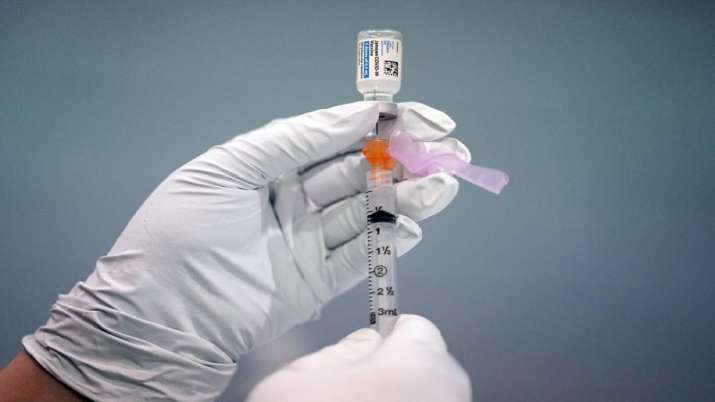
When possible, advisers with the US Centers for Disease Control and Prevention say the public should choose Pfizer or Moderna’s COVID-19 vaccines over the Johnson & Johnson version. The agency has published a lengthy presentation from the Advisory Committee on Immunization Practices (ACIP) meeting held on December 16 that includes a few dozen pages on the current data, risk-benefit analysis, and more. Among other things, the presentation includes details on a very rare potential side effect linked to nine deaths.
During their meeting today, the ACIP advisers recommended that the Pfizer and Moderan COVID-19 mRNA vaccines should be given preference over Johnson & Johnson’s viral vector vaccine. The recommendation is for those in the authorized age groups, of course, and covers cases in which the mRNA vaccines are an option for the person seeking inoculation.
The advisory group notes that the J&J COVID-19 vaccine may still be offered to those in the authorized age groups, assuming there’s a reason they can’t get the mRNA series, such as the latter being unavailable or a contraindication like an allergy. In addition, the CDC’s panel recommended that J&J’s COVID-19 vaccine not be given as a booster shot except, potentially, in cases where the mRNA options aren’t available or the recipient has a contraindication to them, such as the aforementioned allergy issue.
The experts note that viral vector vaccine recipients should also give informed consent for the shot, meaning they’ve been advised about the potential risk of vaccine-induced immune thrombotic thrombocytopenia (VITT). This very rare potential side effect involves the formation of blood clots and a decrease in blood platelet levels (via ACC).
The presentation includes data on this rare complication, revealing a total of 53 cases of thrombosis with thrombocytopenia syndrome that were developed after the patient received the Janssen shot. That figure was out of the overall 3.83 million doses administered as of August 31, 2021.
As of December 2, 2021, a total of nine deaths related to this condition were reported, working out to a rate of 0.57 per million doses. The complication and deaths were most common in female recipients in the 30 to 39 age group, followed by the 40 to 49 age group.
The updated recommendation follows the CDC’s decision to pause administration of the J&J COVID-19 vaccine earlier this summer following reports of blood clots and a decrease in blood platelet levels. The risk-benefit analysis at the time, however, led to the CDC lifting the restriction.



